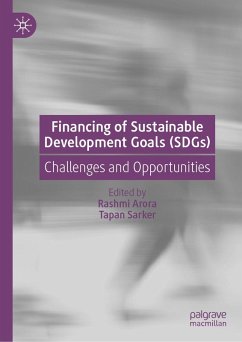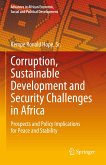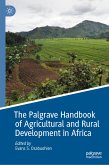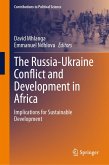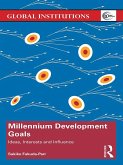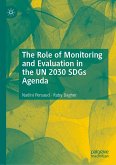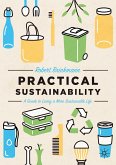The economic and social impact of Covid-19 pandemic both on developing and developed countries has been significant. In addition to the impact of the pandemic, the current Ukraine war has also led to severe supply chain disruptions leading to a sharp increase in food and commodity prices globally. Due to a combination of external shocks and the impact of the pandemic, global economic growth is expected to slow down from 6.1% in 2021 to 3.2% in 2022 and further to 2.7% in 2023 (IMF in: World economic outlook, International Monetary Fund, 2022). The above factors have led to a sharp increase in government expenditure constraining both developed and developing countries' fiscal capacity. This has further implications for the achievement of SDGs, especially for low-income countries. The challenge for developing countries in the current scenario is to mobilize adequate resources both from domestic and international sources, not just for the achievement of SDGs as such, but also to sustain the livelihoods, health, and welfare of people. This book aims to examine some of these issues in the context of developing countries.
Rashmi Arora is an Associate Professor in Development Economics, School of Social Sciences, University of Bradford, Bradford, United Kingdom.
Tapan Sarker is Professor of Finance & Associate Head of School (Outreach, Engagement & International), School of Business, University of Southern Queensland, Australia.
Dieser Download kann aus rechtlichen Gründen nur mit Rechnungsadresse in A, B, BG, CY, CZ, D, DK, EW, E, FIN, F, GR, HR, H, IRL, I, LT, L, LR, M, NL, PL, P, R, S, SLO, SK ausgeliefert werden.

